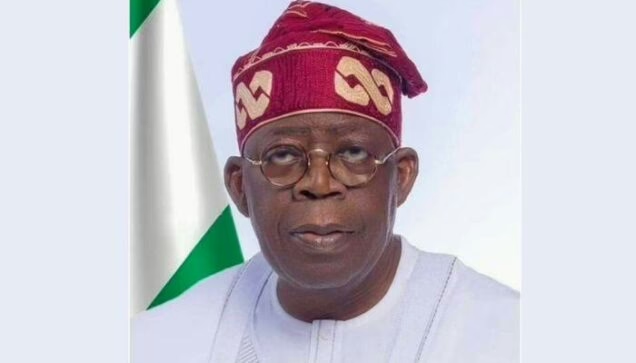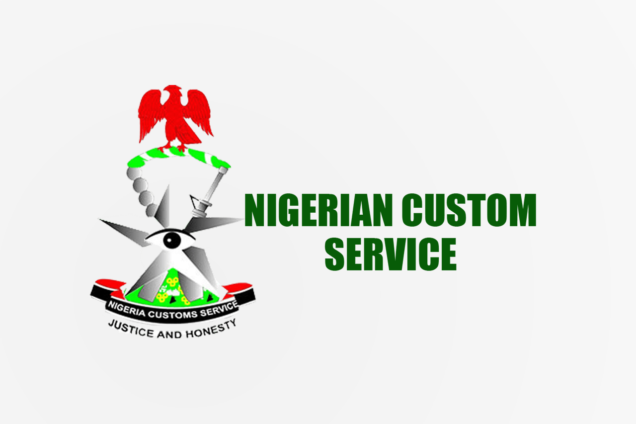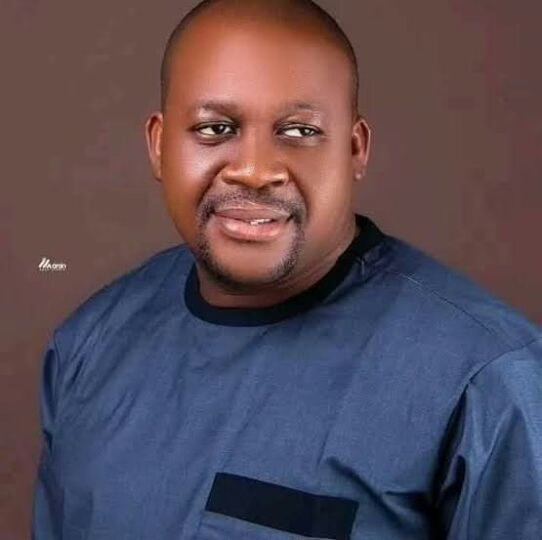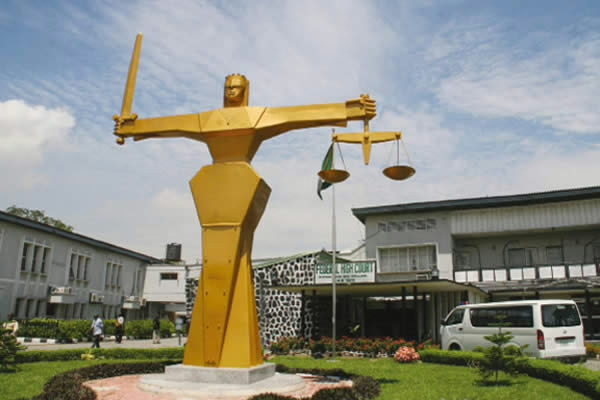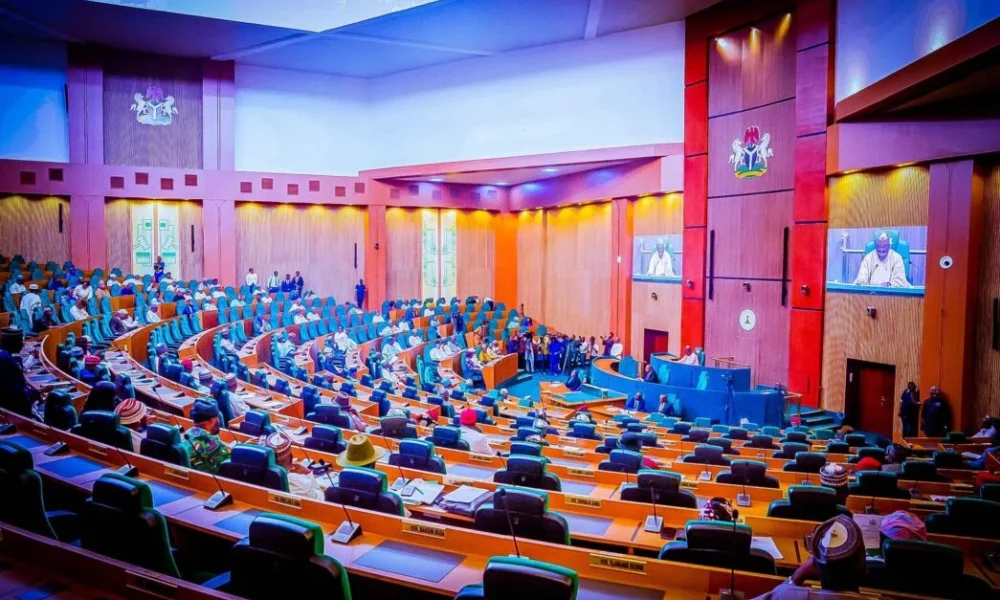i. Provide a Functional Leadership: A functional leader may be seen as one that adopts team building and collaboration in leading his group rather than concentrating decision-making at the top. Functional leadership focuses on teamwork, adaptability, and each team member is empowered based on their strengths to deliver on the set-goals and produce the right results. To do this, the leader must set direction, motivate and empower people to carry out their tasks while at the same time foster innovation and building relationship among his working team. A functional leader must be able to create environments that enable small teams and groups of employees to engage with one another on positive ethical behaviors. By providing functional leadership, the people around you learn from your integrity. People often look to their leaders for guidance on how to act by unconsciously internalizing their traits. Functional leaders are role-models and are therefore seen as such. If your set goals are properly driven home by effective result-oriented teamwork approach in the decisions and actions you make, followers will align themselves with your attitude and build on your kind of integrity.
A. Integrity vs. Corruption in Nigeria – a national outlook
Integrity and corruption are mutually exclusive because they are enemies and thus cancel each other out. To deploy the principles of integrity to the Nigeria public sector is no doubt an onerous task. The subject matter of corruption in Nigeria is well researched and published in the extant literature and well known. For time and space constraints, we can only rehearse some of the known scenarios. Beginning with the Civil Service is the issue of bureaucratic corruption. Bureaucratic corruption occurs when officers in an organization technically use the power of their offices to engage in acts devoid of integrity simply to gain some advantages for themselves or other interested parties. The twin factors of incompetence and inefficiency according to Mbaku (1996) have been responsible for the incidence of bureaucratic corruption. Desta (2019) agrees that these variables have shown strong manifestations in the development of the civil service in Africa.
As a social variable, integrity (and particularly the lack of it) among public officers in Nigeria has taken a toll on the growth and development of the nation-state. Dishonesty and flagrant violation of official procedures among public officers have led to incidence of (and hence phenomenal) corruption in virtually all spheres of the national life in Nigeria. Even the ivory towers (institutions of higher learning) have not been spared of this phenomenon.
The want of moral probity and integrity among public officers prompted the creation of organs aimed at not only promoting but also enforcing anti-corruption behaviors. These corrective institutions include the Economic and Financial Crime Commission (EFCC), the Independent Corrupt Practices and Other Related Offences Commission (ICPC), the Code of Conduct Bureau (CCB), among others. Yet due to the scope and complexity of the structure of corruption in the Nigerian State, these state-owned institutions have as yet to provide any meaningful respite in achieving the required standard of moral probity among public officers in all sectors of the Nigerian economy and polity.
Government’s attempt to realize not only clean-ups but also to forestall a further deterioration of current levels of integrity have been futile (Mbaku, 1996) while even some of those officers charged with bringing down corruption have integrity-issues hovering around them. This phenomenon has thus “obstructed and retrogressed development in Nigeria” (Abu & Staniewski, 2019, Aluko & Adesopo, 2017).
The picture that corruption in Nigeria has painted of the nation is a very sorry one that it looks only theoretical to imagine having a talk on integrity in a nation-wide environment that is whetted by corrupt practices. Those professing integrity are seen as pretending therefore. On a national scale, integrity consciousness equates to almost zero as corruption behavior has smeared basically all the sectors or institutions including those which hitherto were held in high reputation for the degree of their moral standards.
From the family, to the group and then to the state/national setting in Nigeria, integrity “questions” continue to recur. Family trust has plummeted that even brothers suspect each other when money (or woman perhaps) is involved in their dealings. It becomes difficult to convince others around you that your aspiration to a public office is nothing more than a desire to amass wealth for yourself and family. People congratulate you not sincerely as a cheering process to identify with goodness or great success but deep down with a mindset that through you, some of the so-called “dividends of democracy” would fall on to their hands. Thus, when you become a local government chairman, a state governor, a university helmsman or a chairman to a statutory board/commission, your phone memory is stuffed with congratulatory messages from cronies who wish to identify with you not for succeeding in achieving goodness but more importantly to register their membership of your team in drawing from the largesse of your office. By the time you are done with your office and their aspiration is not fulfilled, you are branded a failure, a misfit, a tragedy or “not a proper son of the community” among other epitaphs.
On a national scale, integrity questions surround public appointments, elections, contracts, project executions, supply/distribution processes, service delivery mechanisms, public/civil services, judicial services and even the clergy. In the political arena, integrity questions resonate from the issue of electoral integrity. Political scientists talk about electoral integrity when they want to ask the question of how much an electoral process delivers on its mandate of providing a worthwhile electoral outcome. Electoral integrity is a threshold for democratic consolidation in a state and hence the signpost for expecting and predicting good governance behavior among public officers. We have all been witnesses to the degree of integrity in our public elections in Nigeria. Someone coined the words “politicized judicialization” of the electoral process in Nigeria in explaining the tendency now for contestants in public elections to see the courts as the only conclusion of every electoral contest. They no longer have confidence in the capacity of the electoral machinery to deliver independently on its mandate. By looking forward to the judiciary as the final arbiter in each electoral contest, they make the judiciary become an integral part of the electoral process (Omotola, 2024). This phenomenon is due simply to integrity questions emanating from several years of losing trust in the independence of the electoral structures. Integrity questions have made public service pronouncements by political officers to be tainted with skepticism and suspicion. People no longer take the policy-making pronouncements that are made at important national days seriously, as they have had enough impetus to be despondent on the efficacious implementation of these policy pronouncements. They believe that such pronouncements are “dead on arrival” on the sacrificial table of non-implementation, poor execution or corruption.
In the service delivery arena, integrity issues are commonplace. Merit considerations are now historical and exist only in theory in an environment where public contracts, appointments, promotions are won by those that are “on the good books” of their chief executives or that are capable of “playing ball” when given the opportunity. Your promotion may be “sat-upon” or even denied by your superior officer for no defensible reason or for the fictitious and flimsy excuse of “he is not loyal.” Loyalty now becomes a public service jargon in Nigeria and any unfortunate servant, who falls within the prism of being branded as “disloyal” no matter the quality of service delivery he sacrificially offers the system, would suffer injustice in eternity .without possible respite.
Advertisement
The sorry picture of integrity is the same at the professional level. We have seen doctors who abuse their revered professional calling through bad professional behaviors or engineers who undermined the ultimate dangers and the social consequences of approving public projects that are deficiently executed.
The Corruption Perception Index (CPI) released by Transparency International in 2023 puts Nigeria with a score of 25/100 on a rank of 145th position out of a total of 180 countries ranked with the higher ranking value representing being more corrupt. This index is computed from series of Public Sector data obtained from countries based on sources covering “bribery, diversion of public funds, officials using public office for private gains without facing consequences, ability of government to contain corruption in the public sector, nepotistic appointment in the civil service, laws ensuring that public officers must disclose their finances and potential conflict of interests” among others (Transparency International, 2023).
A country is not bound to accept these statistics even though they were derived from actual live national data collected by global institutions like the World Bank (IBRD) and the World Economic Forum (WEF). Yet the procedures for determining them are available for everyone to access (Transparency International, 2024). However, we cannot ignore the seriousness of the matter of corruption when looking at national development in Nigeria.
Thus, from the national outlook, integrity and corruption have played exclusive roles in Nigeria’s development.
B. Establishing the nexus
We shall now attempt to establish the nexus between Integrity and National Development. The connection between a culture of integrity and national development is straight forward. It begins with leadership. A leader of integrity will always deliver on good governance (Tromp, 2010) and good governance is an overarching recipe for national development. Good governance involves the efficient and effective deployment of the resources available in the state to meet the immediate and long term needs of the people in the state. Only leaders of integrity can identify and optimize the opportunities provided by these resources to attain excellence. A corrupt leader will see these opportunities as a means of personal enrichment and by so doing misappropriate them. Good governance calls have been strident in Nigeria especially at these times when there have been national protests under the #EndBad GovernanceNow! clamour. The culture of integrity will help eliminate corruption right down from the family level through the corporate level and then up to the national level. The gap between the rich and poor countries in the world is only being widened by the degree of integrity that is available in such states. Integrity transforms a society and open up endless opportunities of growth and development. According to Olaloku, et al (1980) there are five sectors of the Nigerian economy namely the Government, Agricultural, Industrial, Trade and Service sectors No matter the sector of the economy one finds himself, integrity is the key word for optimizing opportunities of growth and development and as Chesnut (2020) opines, any organization that seeks growth and yet ignores integrity culture is bound to fail.
C. Conclusion
The foregoing discussion has been our attempt to dilate on the importance of integrity as a vital variable in the determination of national development in Nigeria. Public officers often talk of the value of sustainable development in Nigeria. Yet there must be some development in place for someone else to “sustain.” Integrity is the key variable to drive development in Nigeria. The country is where it is today because this vital variable has been ignored by policy makers and our state builders over the years and until the nation returns to the path of integrity in all our dealings, the road to national development in Nigeria may become even much longer.
*Concluded
*Being text of lecture delivered by Prof Andy Ogochukwu Egwunyenga, Vice-Chancellor, Delta State University, Abraka, at the ‘2024 Public Service Lecture’ of the University of Ibadan Alumni Association, Asaba Chapter, Unity Hall, Government House, Asaba, September 19, 2024



